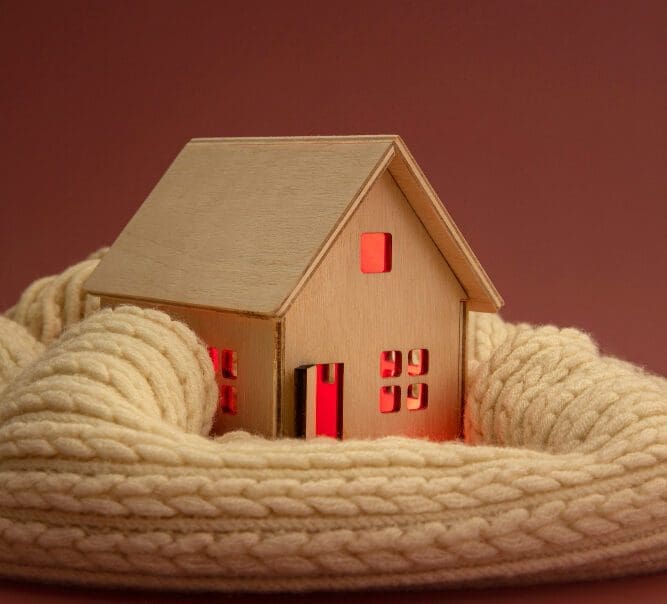Short Hills is a region in Essex County known for its beautiful homes and affluent neighborhoods. Residents often enjoy a high quality of life, living comfortably in their large houses with plenty of amenities. Sadly, however, many people in this area are battling addictions to drugs and alcohol or suffering from mental health issues. When this happens, it’s important to seek out help from addiction treatment professionals in Short Hills.
Short Hills addiction treatment centers specialize in providing comprehensive care for individuals with dual diagnoses[1]. This entails addressing not only the addiction itself but also any underlying mental health conditions, such as depression or anxiety. With a perfect blend of support and expert guidance, conquering addiction and embarking on a healthier, substance-free life becomes achievable.





